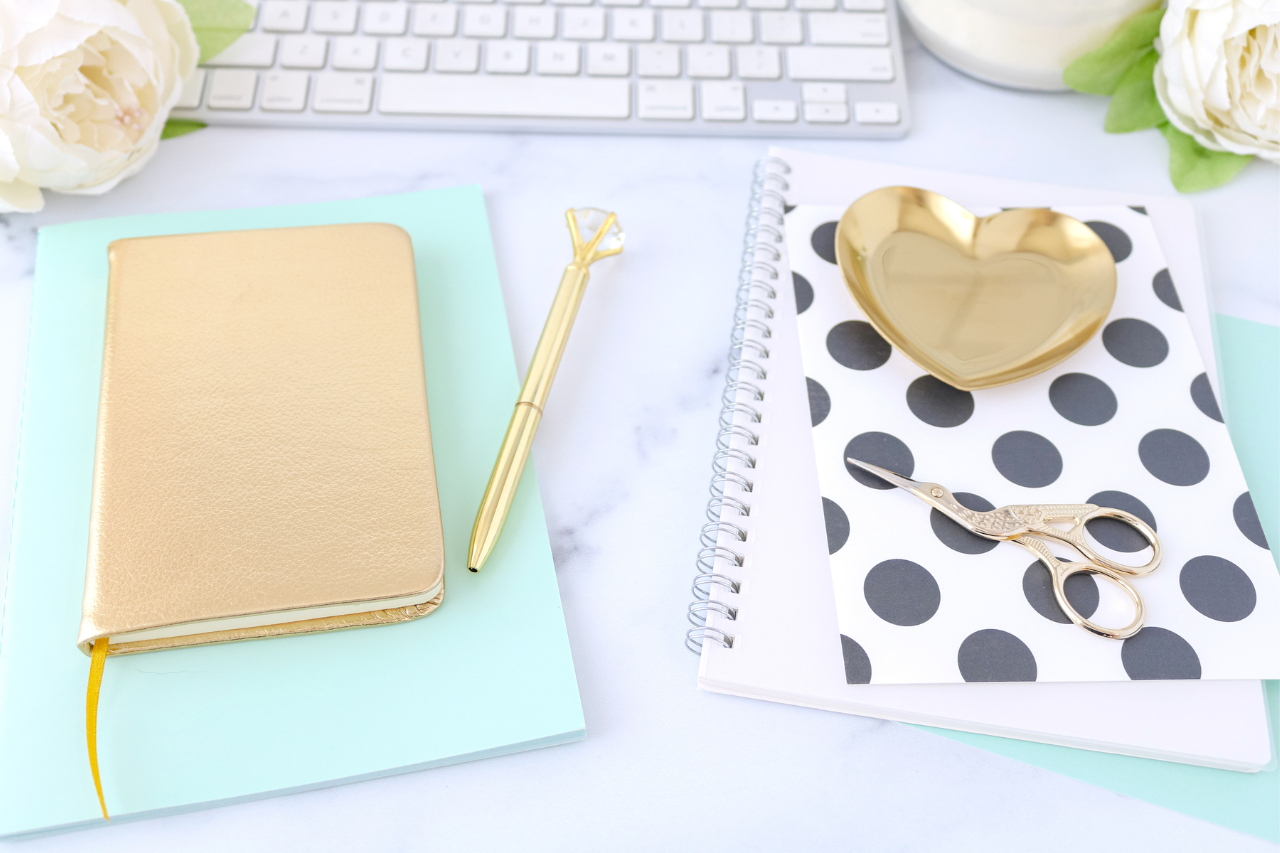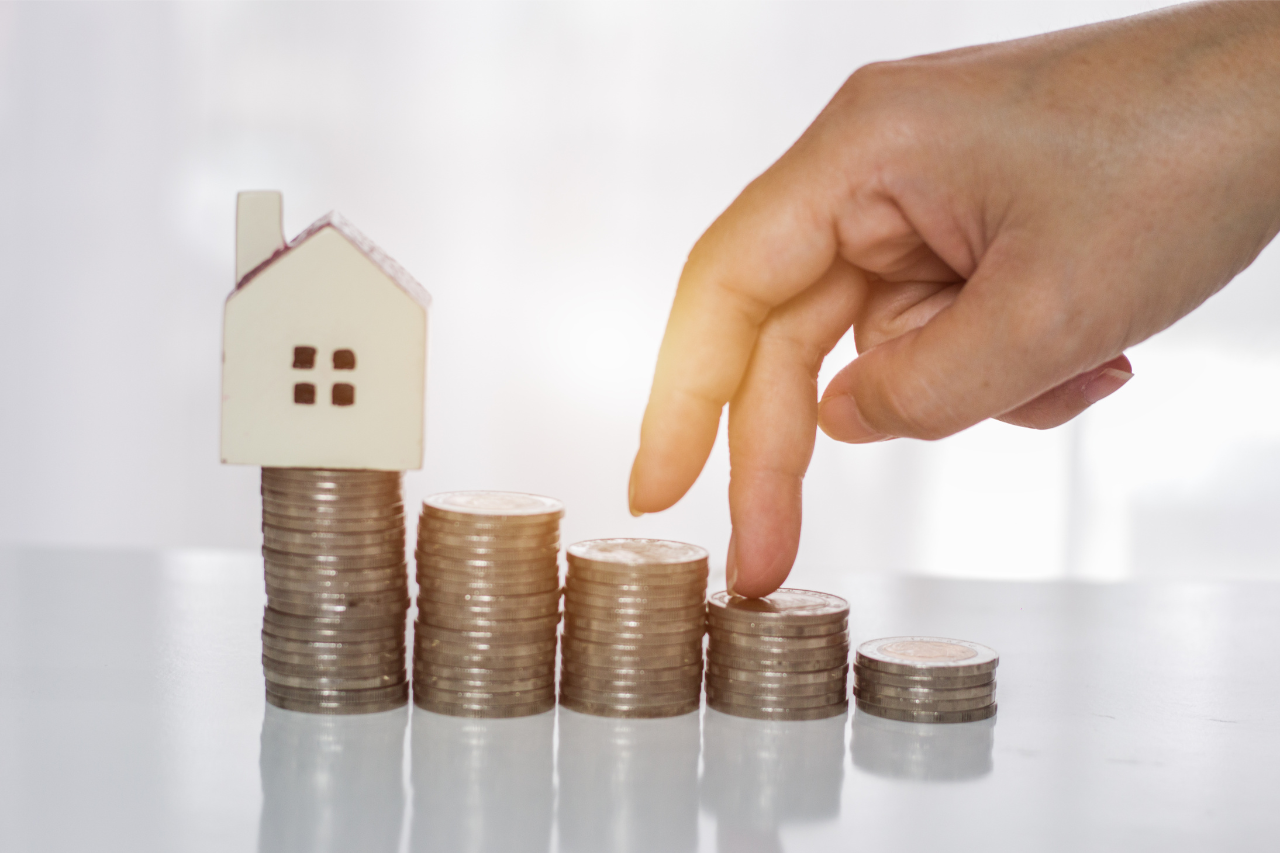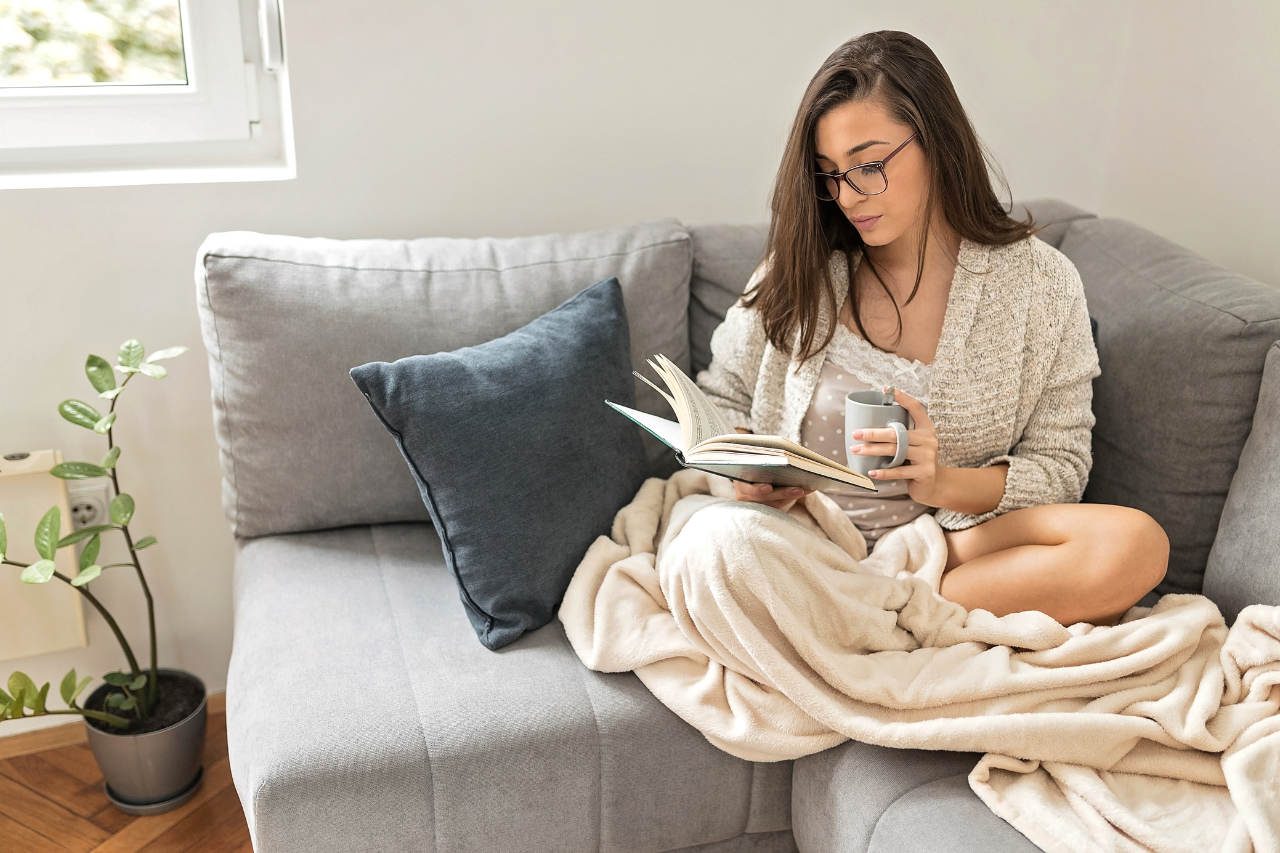
Get Closer to Home: Save for Down Payment

Share:
Saving for a down payment on a house can be daunting. Knowing how much to save and the best ways to save are important questions. This article provides an overview of how much you should save for your down payment, as well as the best strategies to help you reach your savings goal. Read on to get started preparing for your home purchase.
What Is A Good Down Payment For A House?
When it comes to purchasing a home, the down payment often stands out as the most daunting task. How much should you save for a down payment? It can be difficult to determine how much money is necessary to get started in the home-buying process.
The amount of money needed for a down payment depends on your individual circumstances and your financial goals. Generally, the more you put down upfront, the lower your monthly payments will be over time. But it’s important to remember that there are other costs associated with purchasing a home including closing costs, home inspection fees, and insurance premiums.
Key Takeaways
– A good down payment for a house is typically 20% of the purchase price.
– You may be able to put down less than 20%, but some lenders have minimum requirements for down payments.
– Having a higher down payment can help you secure more favorable loan terms and avoid paying private mortgage insurance (PMI).
– Saving for a down payment on a house requires dedication and strategic planning.
When it comes to saving for your down payment, there is no one-size-fits-all approach. Everyone’s financial situation is unique, so consider your own personal goals and lifestyle when creating an action plan.
When it comes to saving for your down payment, there is no one-size-fits-all approach. Everyone’s financial situation is unique, so consider your own personal goals and lifestyle when creating an action plan.
Here are some of the best ways to save for a down payment on a house:
1. Plan Your Savings Budget
Once you’ve determined how much you need to save for your down payment, create a budget and stick to it. This will help ensure that you have adequate funds set aside each month until you’re ready to buy your home. Consider setting up an emergency fund in case of unexpected expenses or sudden job loss. With a well-planned budget and savings plan, you’ll be ready to make your down payment when the time comes.
2. Audit your financial life
Take a look at everything that you are spending money on and see what you can cut back or eliminate altogether. Start tracking your expenses so that you know exactly how much money is going out each month, and how much you have left over to save for a down payment. Once you have a good idea of your spending habits, it will be easier to create a budget that allows enough room for saving.
3. Cut Unnecessary Spending
Budgeting for a down payment doesn’t mean you have to cut back on all of your spendings. Take a look at where most of your money is going and consider cutting out any unnecessary expenses. This can help free up more funds for saving toward your new home. Overall, how much you need to save for a down payment on a house depends on your individual financial situation. But by creating a budget and sticking to it, you can make sure that you have enough funds set aside when the time comes.
4. Look for down payment matching programs
Look for down payment matching programs offered by state or local governments. These may provide funding to match a portion of your own contribution when it comes time to buy a house. Taking advantage of these programs can help you reach your savings goals faster and make purchasing your home more achievable.
5. Research First-Time Home Buyer Programs
Do your research and look into first-time home buyer programs that may help with the cost of a down payment. These programs are available in many states and can assist you with closing costs or provide grants to help make a down payment more affordable.

6. Veterans Affairs (VA)
Veteran Affairs loans and U.S. Department of Agriculture (USDA) loans may also be available to those who qualify.
7. Federal Housing Administration (FHA) loans:
FHA loans are often an attractive option for first-time home buyers, as they require a down payment of just 3.5%.
8. Utilize tax refunds and bonus checks
If you receive bonuses or tax refunds each year, consider setting aside some of that money in your down payment savings account.
9. Consider creative financing
You may be able to use alternative sources of financing to cover your down payment, such as a gift from friends or family, or utilizing retirement funds. Ask your lender about loan options that allow you to use non-traditional sources of financing for your down payment.

10. Individual Retirement Account(IRA)
Consider opening an Individual Retirement Account (IRA) and contributing as much as you can each month. This is a great way to save for your down payment and benefit from tax savings at the same time.
11. Ask for a gift
If you have friends or family members who are willing to help, consider asking them for a gift to help cover the cost of your down payment.
12. Pause on other savings goals
If you are already saving for something else, such as a car or vacation, consider pausing those goals until you have enough saved for your down payment.
Common Questions:
How long should you plan to save for a down payment?
At a minimum, it’s best to give yourself at least 6 months of saving before you start the home-buying process. To make sure you have sufficient funds for your down payment, set up an automatic savings plan that transfers money from your checking account into a designated savings account each month.
Saving for a house is often a priority for many people, and there are several ways to reach your goal. Consider talking to a financial advisor about different investments that can help you build up your savings quickly and efficiently. Additionally, using a budget planner or tracking app can help make sure that you’re setting aside money each month towards your down payment.
Is it worth putting 20% down on a house?
Yes, putting 20% down on a house is typically worth it as it can help you avoid paying private mortgage insurance (PMI), which can add to your monthly housing expenses. Additionally, having a larger down payment may help you get the best possible interest rate when financing your home.
How much do I need for a down payment?
The amount you need for a down payment on a house typically depends on the type of loan you choose and your personal financial situation. Generally, it is recommended to put down at least 20% as this can help you avoid paying PMI and get more favorable financing terms. However, there are other options available if you don’t have the funds for a 20% down payment, such as first-time home buyer programs or down payment matching.
How can I save money for a house?
Is 10% down payment on a house enough?
Use budgeting and tracking your expenses to help you save money for a house. Additionally, research first-time home buyer programs that may help with closing costs or provide grants to make a down payment more affordable. It is possible to purchase a house with 10% down but this may require paying PMI, so it is best to aim for a 20% down payment if possible. However, there are other options available for people who don’t have the funds for a 20% down payment.
What is the fastest way to save for a house?
The fastest way to save for a house is to use budgeting and tracking your expenses. Cut out any unnecessary spending and look into down payment matching programs or first-time home buyer programs that may help make the process more affordable. Additionally, consider putting any large bonus payments or unexpected income towards your down payment savings goals. This can help you reach your saving goals faster and make purchasing your dream home more achievable.
Where should I put my savings for a down payment?
You can put your savings for a down payment into a high-yield savings account to help it grow faster. Additionally, you can look at other options such as certificates of deposit (CDs) or money market accounts which may provide higher interest rates and more flexibility. Ultimately, the best place to keep your down payment savings will depend on your individual financial needs and goals.
Bottom Line
The best way to save money for a house is by creating a budget and tracking your spending. Make sure you’re setting aside enough funds each month to reach your savings goal. You may also want to look into first-time home buyer programs and down payment matching, as these can help you reach your savings goals faster. Additionally, consider setting up an emergency fund in case of unexpected expenses or job loss. With careful planning and dedication, you’ll be ready to make your down payment when the time comes.
Good luck on your home buying journey! With some careful planning and dedication, you’ll be able to save enough money for a down payment when the time comes. Don’t forget to take advantage of any home buyer programs that may be available in your area, as they can help make saving up
Most Popular


What is Coffee Bloom and why does it happen?

20 Best Books Made Into Movies And TV Shows

Money Matters: 19 Best Personal Finance Books
Subscribe To Our Weekly Newsletter
Categories
Related Posts

Cute Girly College Ruled Composition Notebooks
Share: In a world dominated by digital tools and apps, the humble college-ruled composition notebook remains a steadfast ally in the quest for productivity. This timeless tool offers unparalleled benefits,

What is Coffee Bloom and why does it happen?
Share: When coffee is ground, the natural oils and aromatics are released. When these coffee grounds are combined with hot water, they create a “bloom” or foamy layer on top

20 Best Books Made Into Movies And TV Shows
Share: Nothing beats a great book-to-movie adaptation. Whether you’re a bookworm who loves to see their favorites brought to life on the silver screen, or a film buff looking for

Money Matters: 19 Best Personal Finance Books
Share: Financial planning is a key element of financial success. It can help you secure your financial future and meet any financial goals you may have. Whether you’re looking to

15 Of The Best Books that are Movies
Share: Do you ever find yourself drawn to Teen Books Made into Movies? Whether it’s the adventure of a classic novel or the modern-day drama of a contemporary story, movies

Women’s Guide to Growth: Best 11 Books
Share: Self-help books have become increasingly popular over the years, with more and more people looking for ways to improve their lives and reach their goals. With so many titles

How to Make Patio More Private: Smart Patio Privacy Tips!
Share: In the realm of outdoor living, privacy stands as a paramount consideration, shaping our experiences and enhancing the enjoyment of our outdoor spaces. Within this article, we embark on

The Science of Slobber: What Your Dog’s Licks Really Mean
Share: As a devoted dog lover, few things in life compare to the joyous welcome of our furry companions, eagerly wagging their tails and showering us with affectionate licks upon
